Jordan Peterson gets it wrong on China’s social credit system
Kate Atkinson
July 8, 2024
WHAT WAS CLAIMED
China’s digital ID system is linked to a person’s “social credit score”.
OUR VERDICT
Misleading. China has forms of digital ID but there’s no nationally standardised social credit system for citizens.
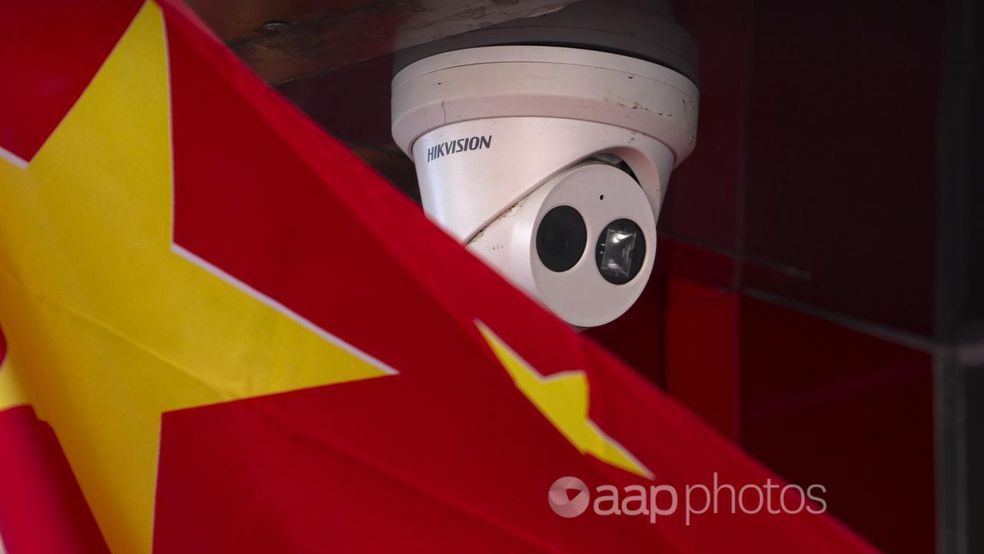
AAP FACTCHECK – Canadian psychologist Jordan Peterson claims jaywalkers anywhere in China can be identified using their digital IDs and punished under the linked social credit system.
This is misleading. Experts told AAP FactCheck that while China has forms of digital identification, it does not have a nationally standardised social credit system for citizens.
The claims appear in an Instagram Reel featuring a clip from an August 2023 podcast interview with Dr Peterson.
The video has been reshared after Australia’s parliament passed digital ID laws on May 16, 2024.
“If a traffic camera catches you jaywalking in China, the digital ID system has you, has your blood now,” Dr Peterson states in the video.
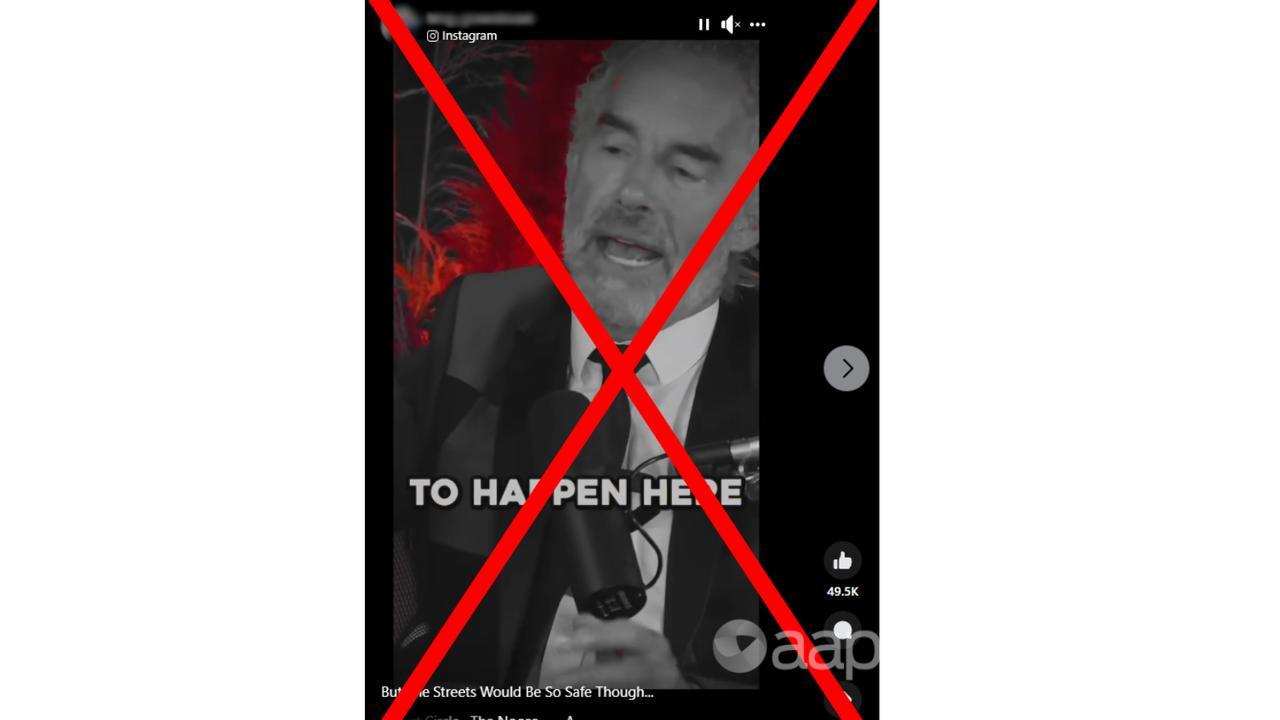
“It has your genetic code. It has your photograph. It can identify how you walk. So even if you can’t see a face, you can be picked up by gait.
“It will convict you of jaywalking and take money out of your bank account with no intermediating judiciary at all and show a picture of you to the people in the neighbourhood so they know that you have jaywalked and reduce your social credit score.
“And if your social credit score falls below a certain level then you can’t buy drinks from a vending machine, you can’t play video games, you can’t go on a train, you can’t get out of your 15-minute city. All that’s already in place in China.”
AAP FactCheck emailed Dr Peterson to ask him for the evidence supporting his claims, but he did not respond.
Leiden University’s Vincent Brussee, an expert on social credit in China, says the video includes a “hodgepodge of falsehoods with just a tiny little veneer of truth” to create a story linking 15-minute cities, social credit scores and digital ID.
Not that Mr Brussee is suggesting surveillance in China is a myth.
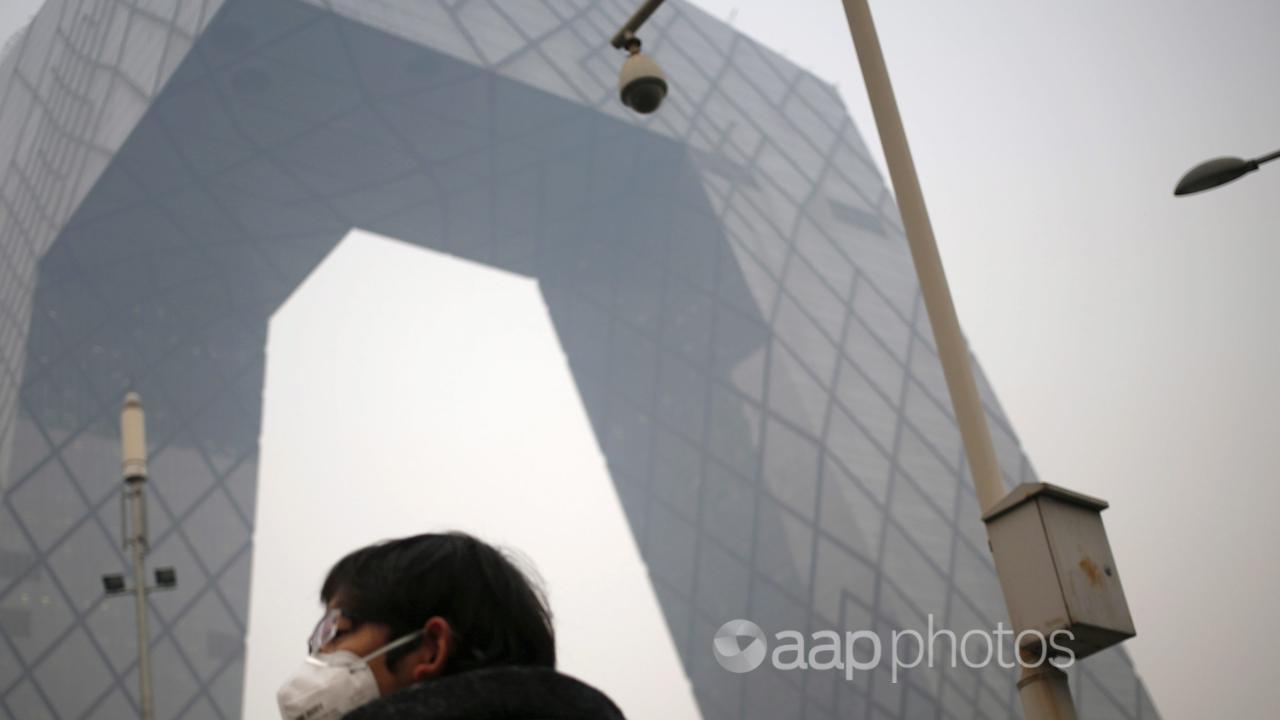
“It is very real, and in some cases very disconcerting,” he told AAP FactCheck, “but it works in totally different ways.”
Chinese citizens are required to hold an ID card containing a personalised 18-digit number and other details such as their name, address, gender, ethnicity, birthday and photograph.
Jeremy Daum, a senior fellow at Yale University’s Paul Tsai China Center, says a person’s blood type is included, and ID numbers are also linked to their phone number, social media and bank accounts.
Updated cards have a microchip that can be scanned to access a digital copy of this information.
Some cities, including Shenzhen, Shandong and Jiangsu, have tried to identify jaywalkers via facial recognition and displayed their faces on billboards as a form of public shaming.
But Mr Daum says real-time identification has been unsuccessful because facial recognition software isn’t efficient enough.
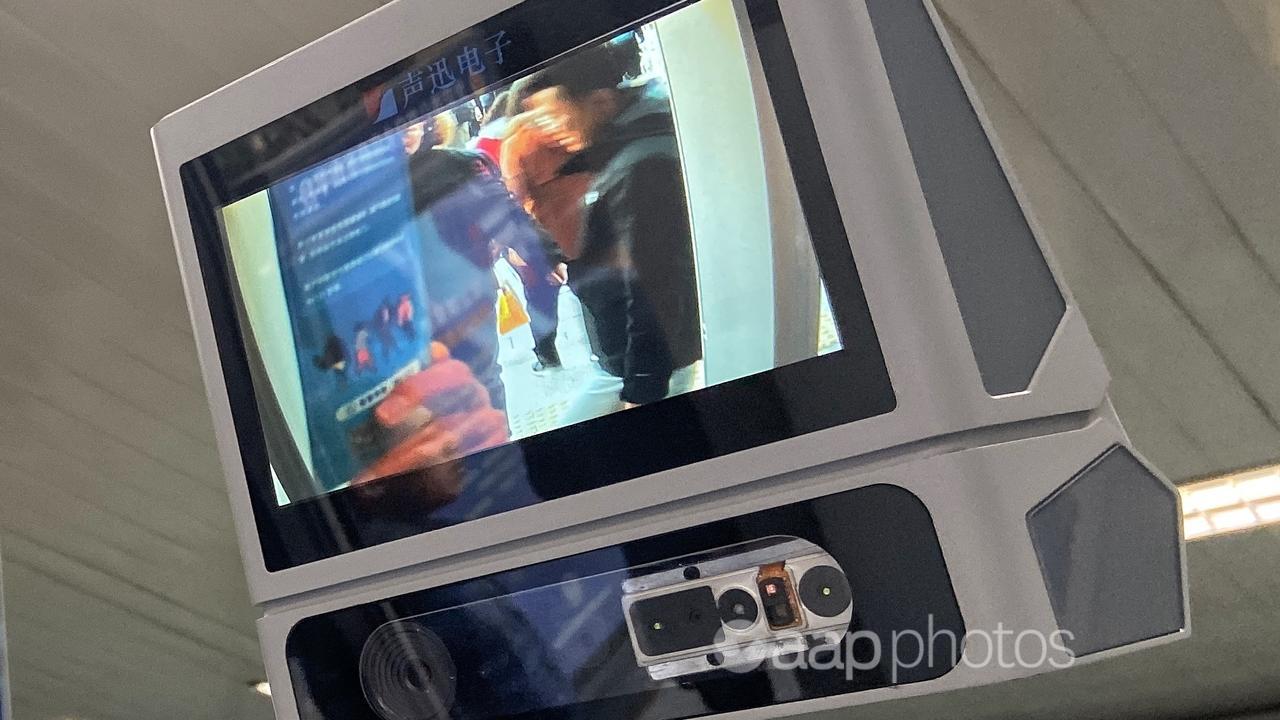
Mr Brussee confirms that some traffic cameras are equipped with this technology, although it’s not widely used in China.
“They are, most certainly, not connected with databases containing DNA, gait, etc,” he says.
However, Mr Brussee says Chinese authorities maintain separate databases of DNA information for surveillance.
For example, Human Rights Watch reported that Chinese authorities collated more than 40 million DNA profiles for a nationally searchable database, and in 2022 it found police in Tibet were arbitrarily collecting DNA samples, including from children.
Professor Ariane Ollier-Malaterre, who researches digital technologies in China at the University of Quebec, isn’t aware of any instances in which money has been automatically deducted from a person’s bank account.
“If you jaywalk or drive over the limit you may receive a fine, which you then have to pay,” she told AAP FactCheck.
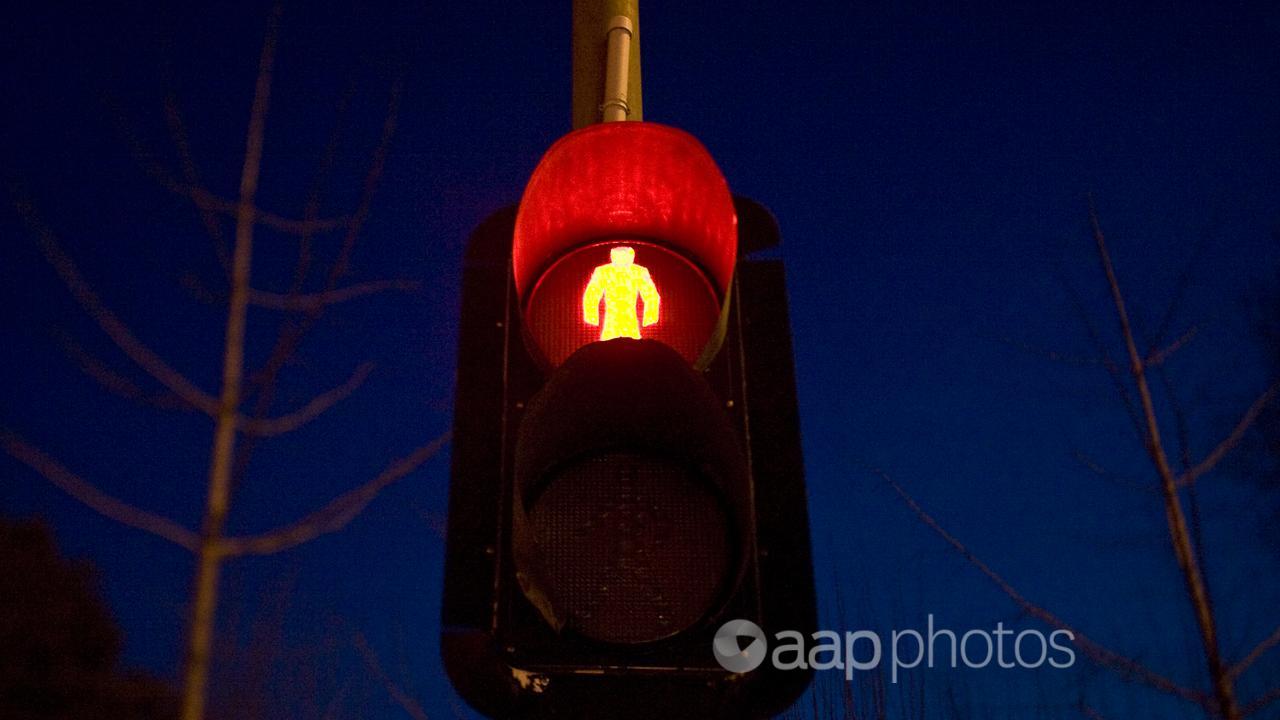
However, the experts told AAP FactCheck that China does not have a nationally standardised social credit system that rates every citizen and assigns them with a score.
“There is something called shehui xinyong tixi in China that is popularly translated as ‘social credit system’ but that in reality carries very little resemblance to anything discussed in this video,” Mr Brussee explains.
He says shehui xinyong tixi is a collection of databases on the creditworthiness and legal compliance of individuals and companies.
Authorities can use that information to blacklist severe violators and impose restrictions on their businesses or their ability to secure loans.
Mr Daum says the system is less about ranking individuals than sharing records of company legal violations and licences.
Citizens can still be sanctioned under various social credit systems in China, but Alex Trauth-Goik, a researcher at the University of Vienna’s Department of East Asian Studies, says the focus is on debt defaulters.
“People who have been formally ordered by the court to repay debts or wages they owe but refuse to do so. They make up the vast majority of blacklisted individuals under social credit,” Dr Trauth-Goik told AAP FactCheck.
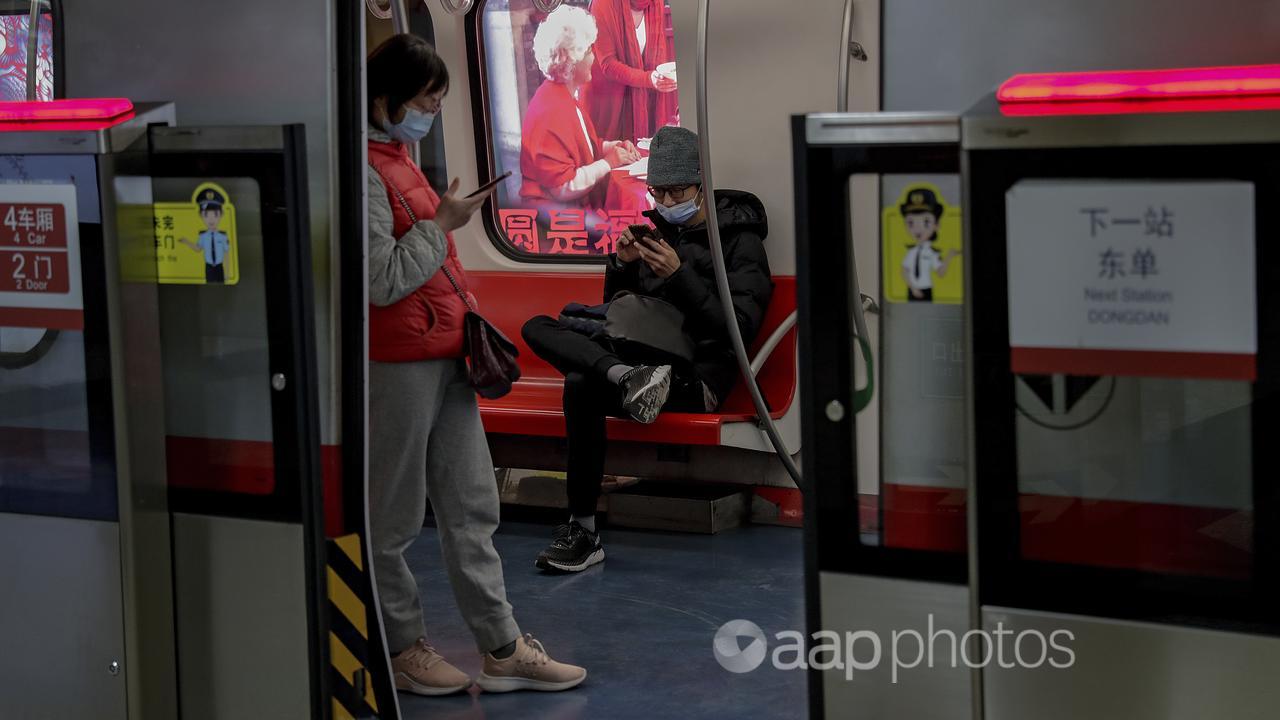
Prof Ollier-Malaterre says blacklisted individuals can be prevented from purchasing high-speed train tickets or other items deemed luxuries.
Minxin Pei, a professor of government at Claremont McKenna College, has written that 62 localities had been selected for social credit pilot projects as of 2021 as part of a plan for an eventual national social credit system.
“Based on my knowledge of how the system is being implemented, there is no single national standard,” he told AAP FactCheck.
“As a result, local authorities have enormous discretion in deciding what to include or exclude in calculating social credit scores.”
AAP FactCheck has previously debunked claims made by Dr Peterson about renewable energy. (AAP)



